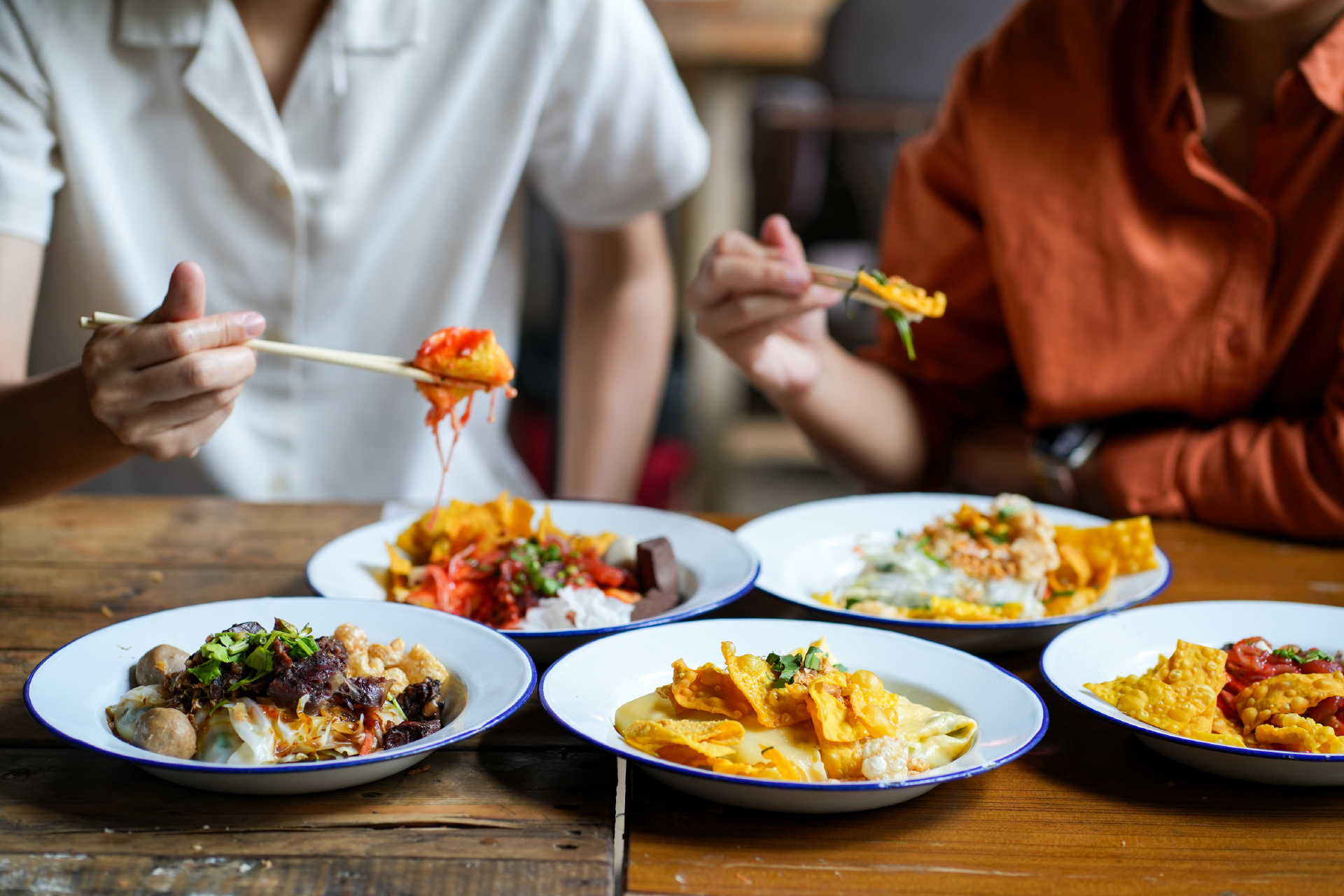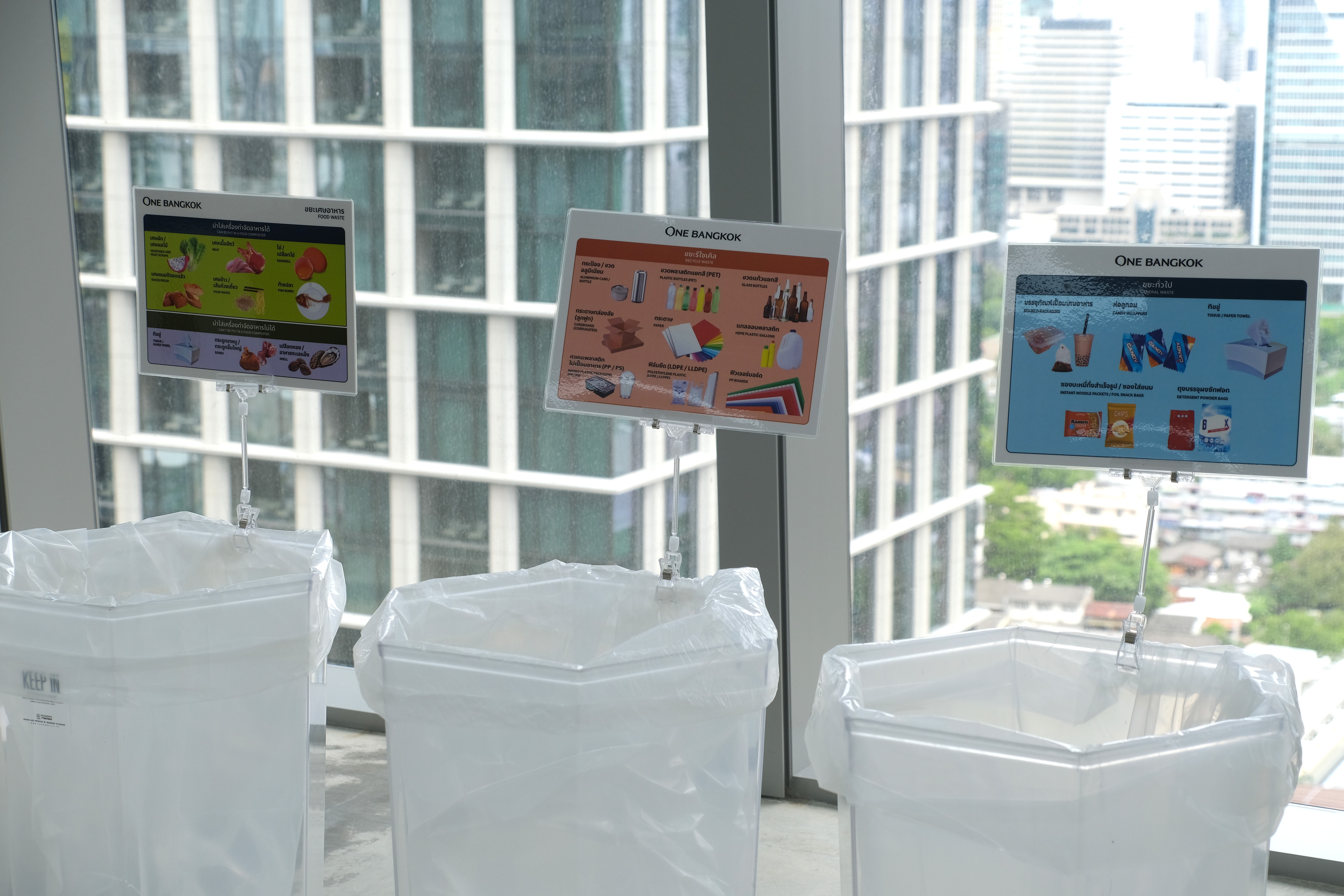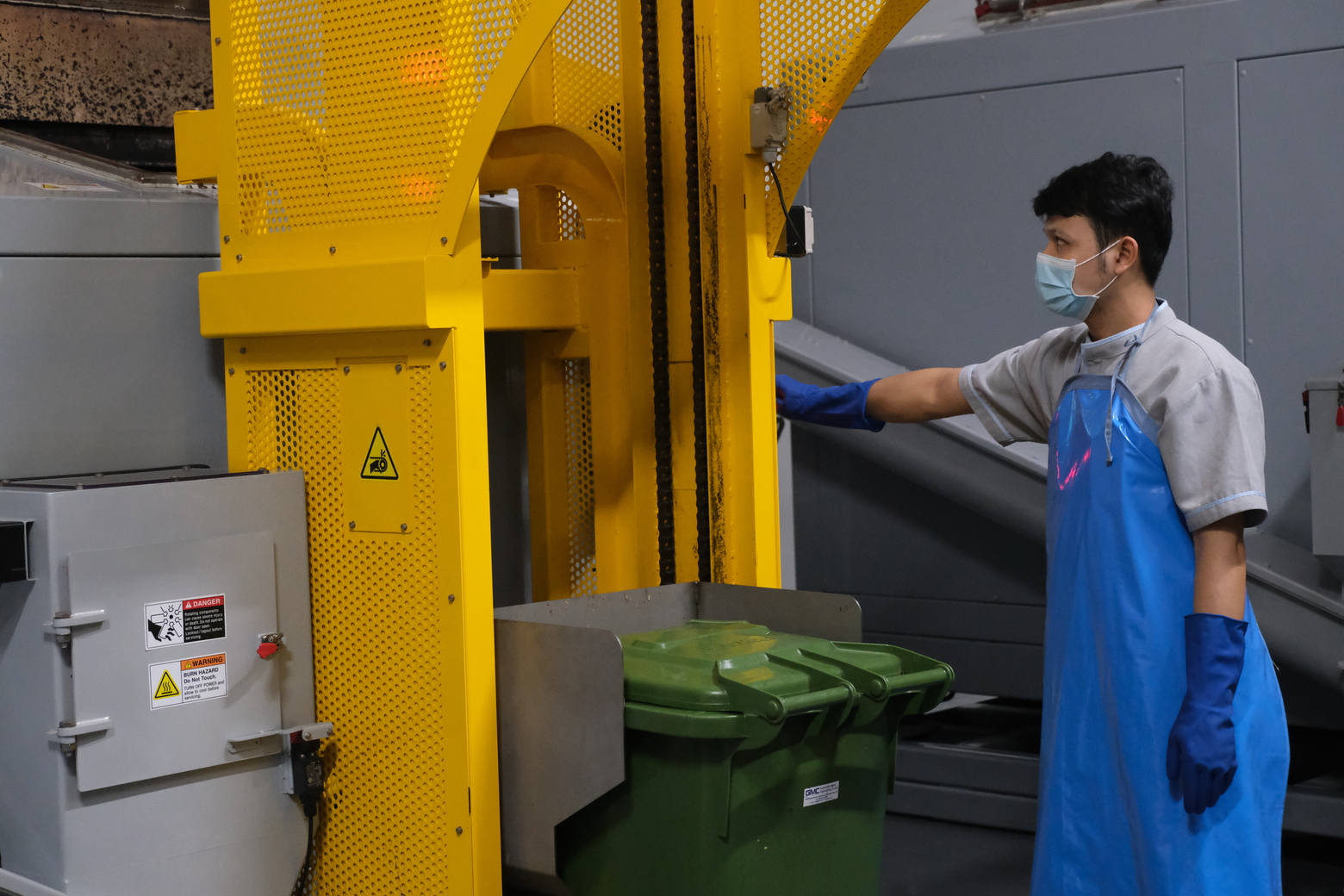Search
Recent Search
Directory Shop

Recent Search
Directory Shop
08 Oct 2025

One Bangkok is being developed as a people-friendly, city-friendly, and environmentally friendly project under the Circular Economy concept. This principle has been integrated into every stage of the development process—from design and construction to ongoing operations—to enhance the quality of life for residents, surrounding communities, and society as a whole.
Sustainable Waste Management from the Ground Up
From the construction phase, One Bangkok has implemented an effective food waste management system through collaboration with construction workers and local businesses in nearby communities. This involves sorting, collecting, and processing food waste using Food Waste Composters.
Since the project’s opening in March 2024 through July 2025, the system has successfully processed more than 123,099 kilograms of food waste.
Once the system was opened, the Sustainability Team at One Bangkok conducted training sessions for retail and office tenants to raise awareness and provide practical knowledge on proper food waste separation. The compost produced is then used to nourish the greenery within the development and is also donated to surrounding communities and public parks.

Why Food Waste Separation Matters
Separating food waste plays a vital role in effective waste management for several reasons:

One Bangkok’s Approach to Food Waste
To tackle these challenges, One Bangkok uses Food Waste Composters to convert food scraps into organic fertilizer. This approach offers multiple benefits:
By implementing these initiatives, One Bangkok is not only managing waste efficiently but also setting a benchmark for reusing food waste in line with the Circular Economy model. This effort contributes to building a greener, more sustainable urban environment for everyone.
Tag
SHARE